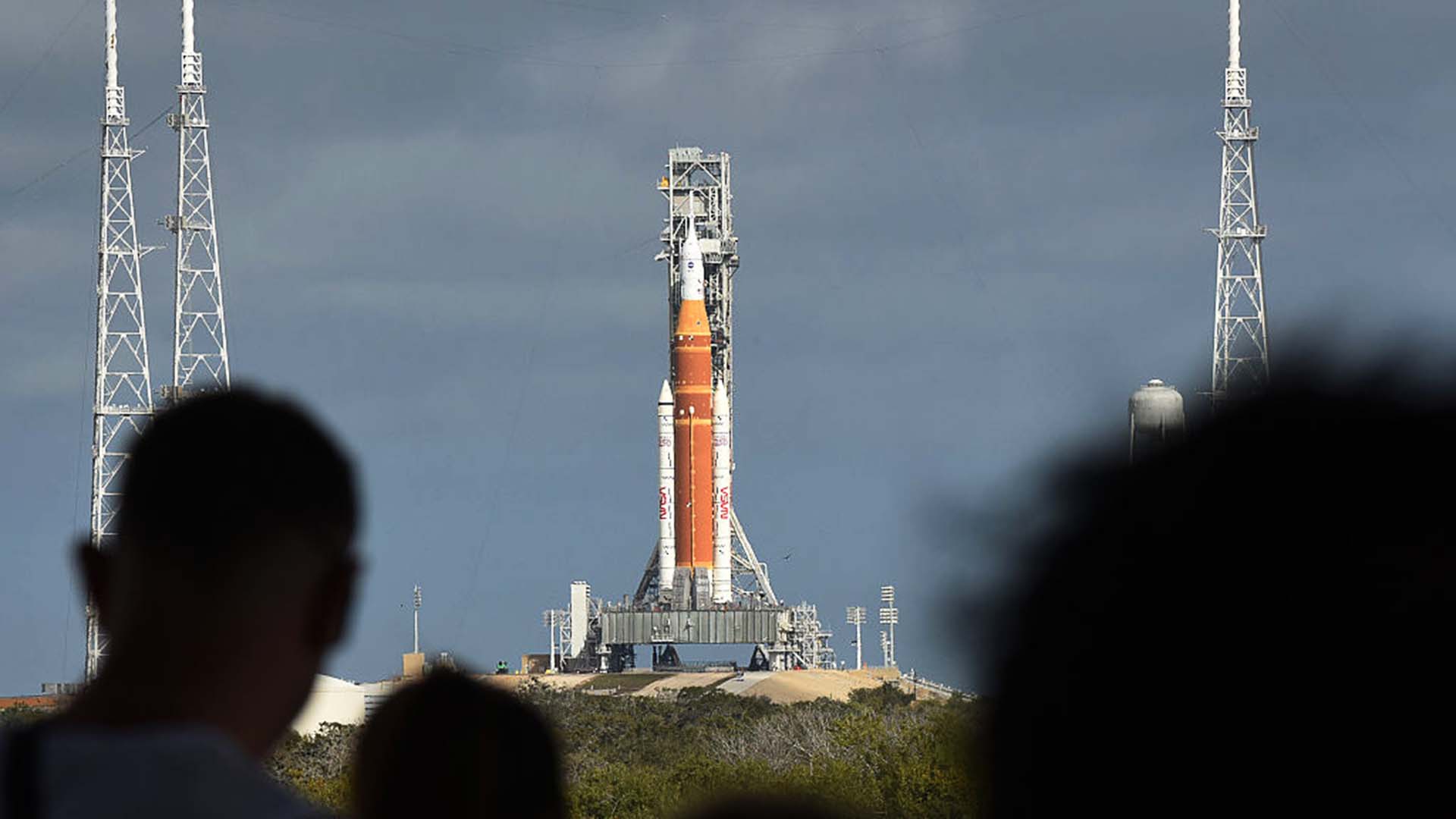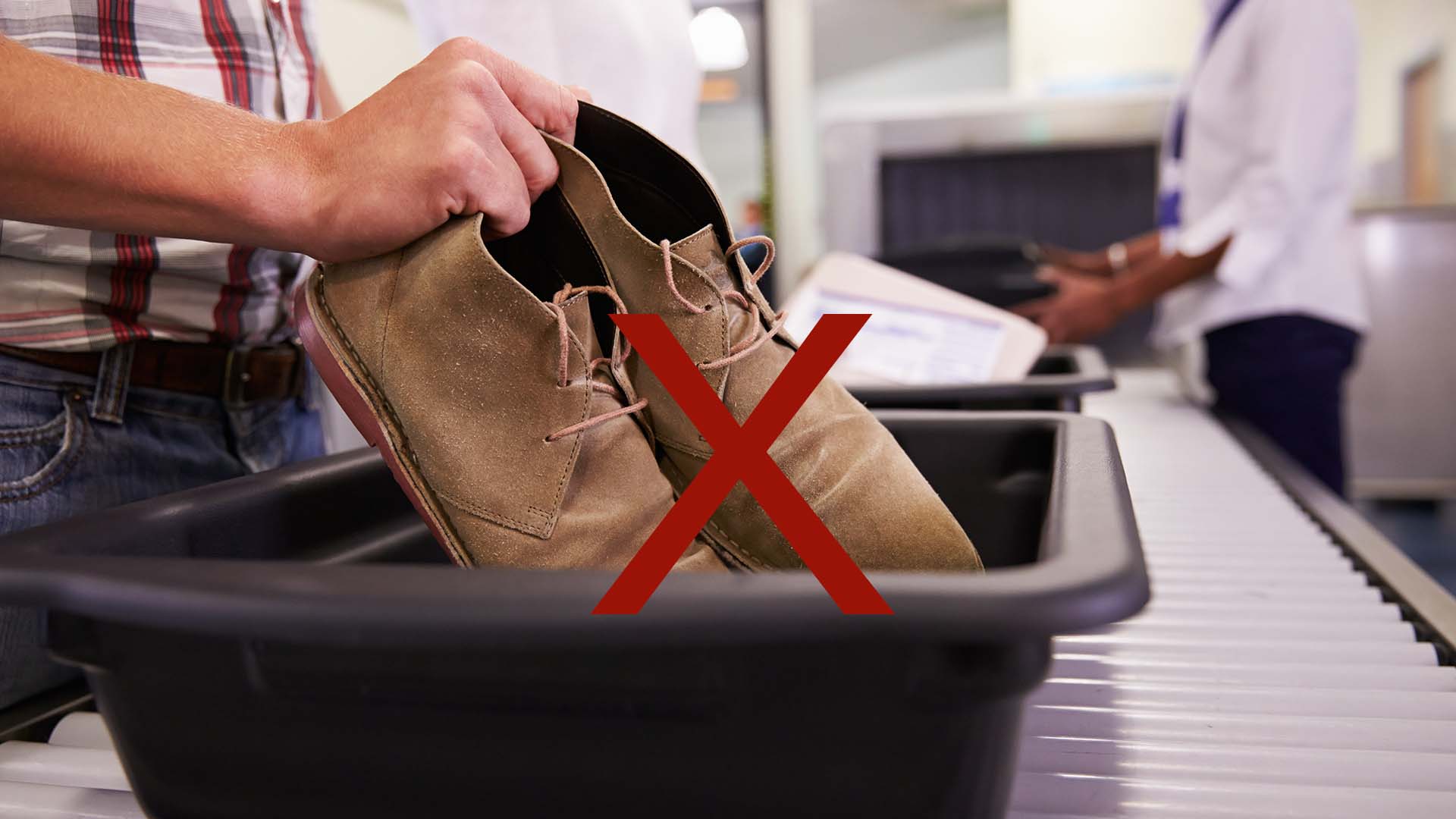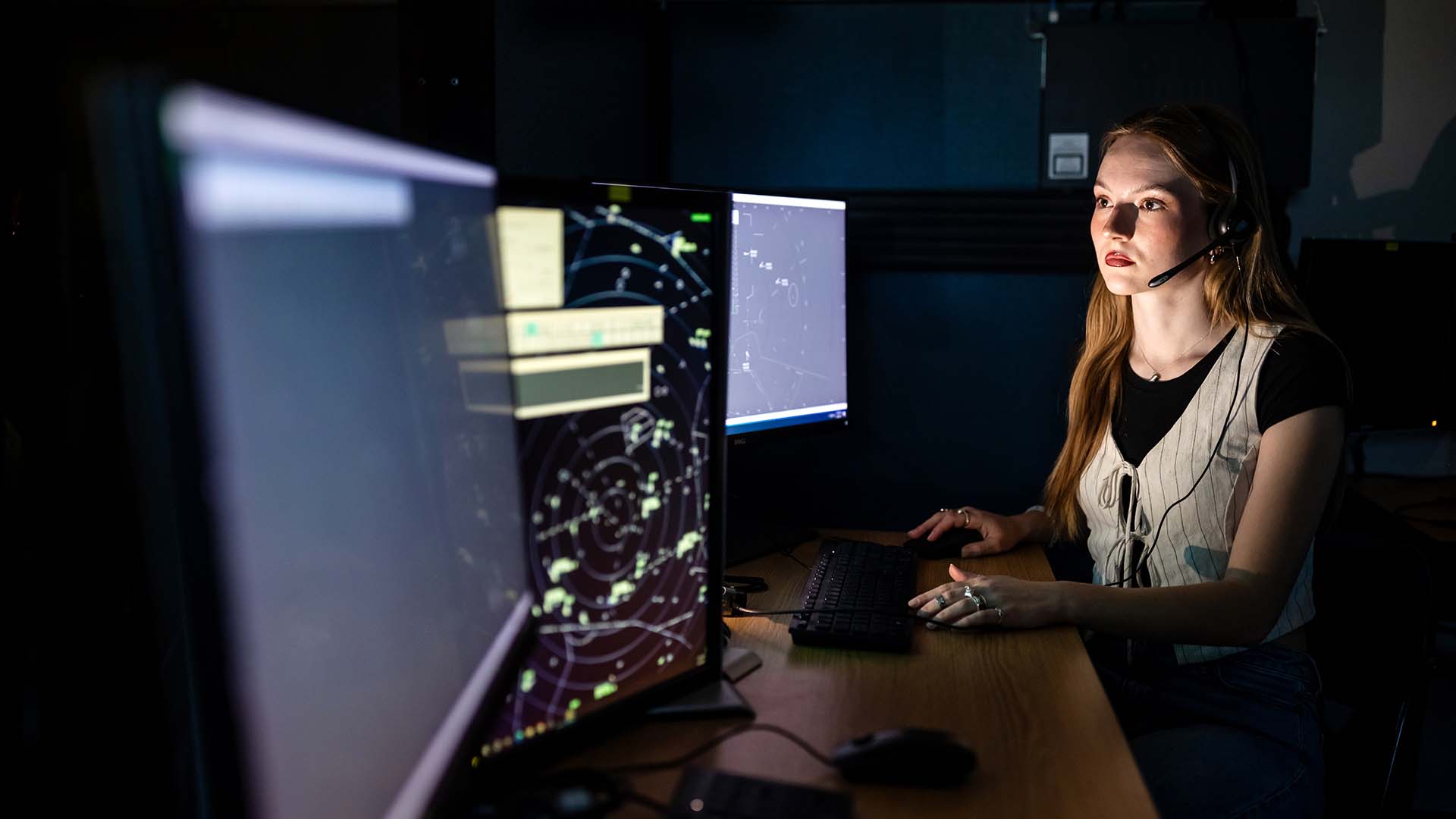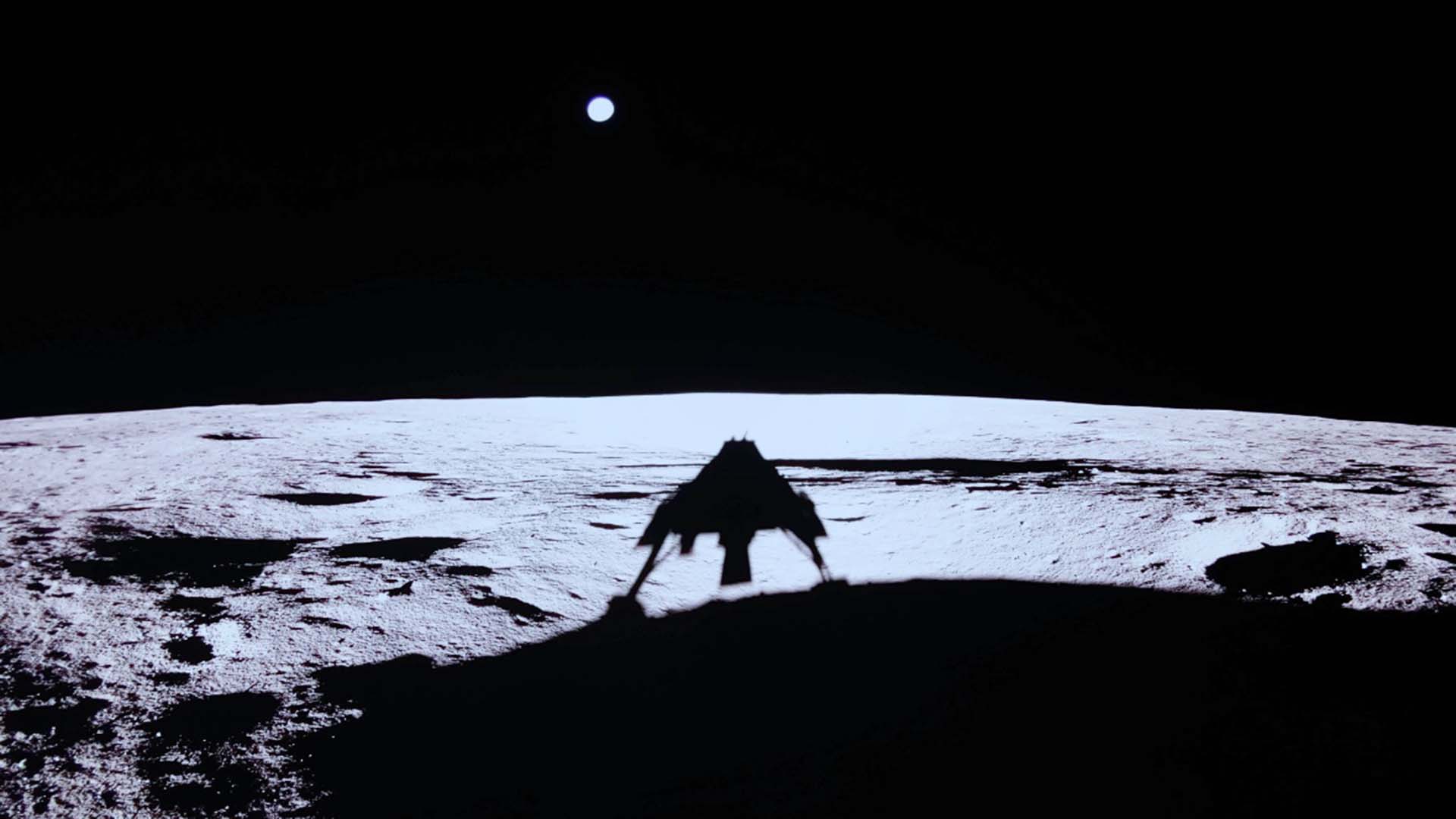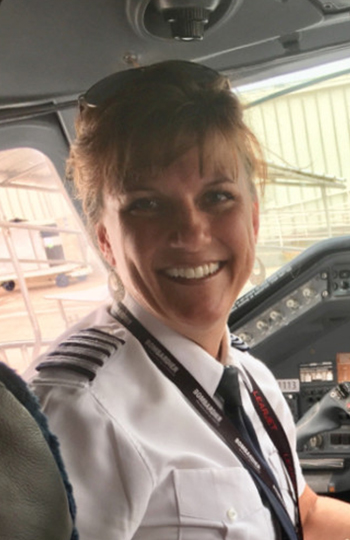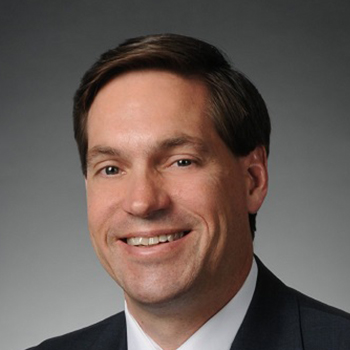All systems go for spaceflight
Colorado Air and Space Port set to launch into new territory as a hub for the next generation of transport.
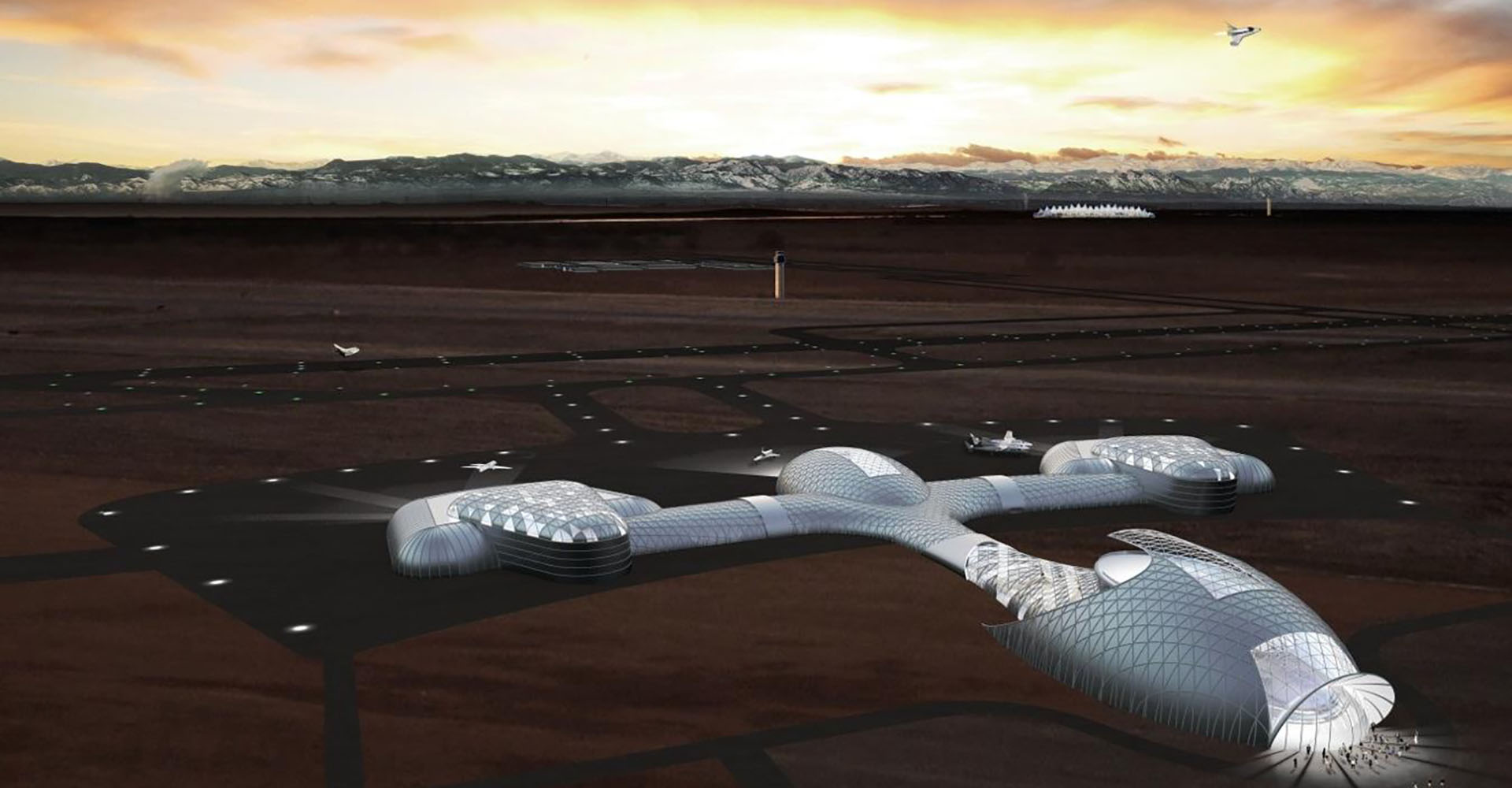
If you don’t build it, they won’t come.
That’s the essence of the strategy fueling a seven-year effort in Adams County to transform a general aviation airport, popular with flight students and experimental aircraft hobbyists, into a launch site for suborbital spaceflight — and ultimately a global, multimodal transportation hub, if all goes as planned.
When Dennis Heap started as manager of Front Range Airport in 1994, not much was happening in terms of commercial development on the site, he says. As the very first graduate of then-Metropolitan State College of Denver’s aviation program 25 years earlier (the institution was already looking ahead in 1969; Heap’s degree was a bachelor’s in aerospace technology), he’d worked for airlines until the transition into airport management put him on an unplanned trajectory: getting the Federal Aviation Administration’s approval to operate the airport east of Denver as a launching pad for the cosmos.
The idea was to use the facility’s weakness as its strength, Heap recalls: The “remoteness… would allow the development of a horizontal takeoff and landing spaceport.”
This refers to the type of spacecraft that the FAA, in August, licensed the now newly renamed Colorado Air and Space Port to launch. The hope is to attract spaceplanes that take off and land like jet aircraft, meaning they can merge with the air traffic at nearby Denver International Airport and with the ability to fire rockets after climbing high enough to get clear of busy airspace.

Three miles southeast of DIA, looking out of the glass front walls of the airport terminal across empty fields while passenger planes dot the sky, it’s easy to visualize the dream – a busy hub of spacecraft, aircraft and ground transportation buzzing with high-tech industry.
Dave Ruppel, air and spaceport manager, is frequently asked why a license is even needed when no company has been known to fly a full-size prototype of this targeted category of spaceplane. But the retired U.S. Navy helicopter pilot has no doubt. The next logical step for the Colorado Air and Space Port, he says, is to start accommodating the vehicles, and no company developing one would ever look twice at the site without a license in place.
“I think it’s entirely possible that we could see a spaceplane out here in five years,” Ruppel says, speaking to a group of MSU Denver students and guests at a recent event announcing a new academic facility at the spaceport. “Hopefully we will. We’re going to encourage that, push people in that direction. And my hope is that people like all of you students will be coming back here and working with those companies that are using the spaceport and flying off (from here).”

For aspiring entrepreneurs, Ruppel likes to find “creative ways” to help new businesses qualify for leases and build initial infrastructure, which he says are frequent barriers to starting up. New tenants he hopes to attract include companies that test small rocket engines.
As part of the University’s industry-driven aerospace program portfolio, MSU Denver’s minor in space commercialization addresses a workforce shortage by “getting students involved in the commercial side of space,” says Jeffrey Forrest, Ph.D., chair of the Department of Aviation and Aerospace Sciences.
Students are frequently intimidated by the idea of an aerospace degree but the subject matter isn’t as hard as it sounds, he adds. Plus, they can pick courses that suit their interests, whether that’s software systems, engineering, advanced manufacturing or physics.
“What we tell them is, if they can think ‘aviation,’ they can think ‘space,’” Forrest says. “There’s not that much difference in terms of where aviation has been and where space is going.” Because of the wide overlap between the industries, in fact, much of the department’s curriculum blends flight and space.
Forrest also foresees a time when graduates are starting up new companies at the air and space port.
“You probably won’t make astronaut — very few will — but there’s a huge business opportunity out there,” he says.

